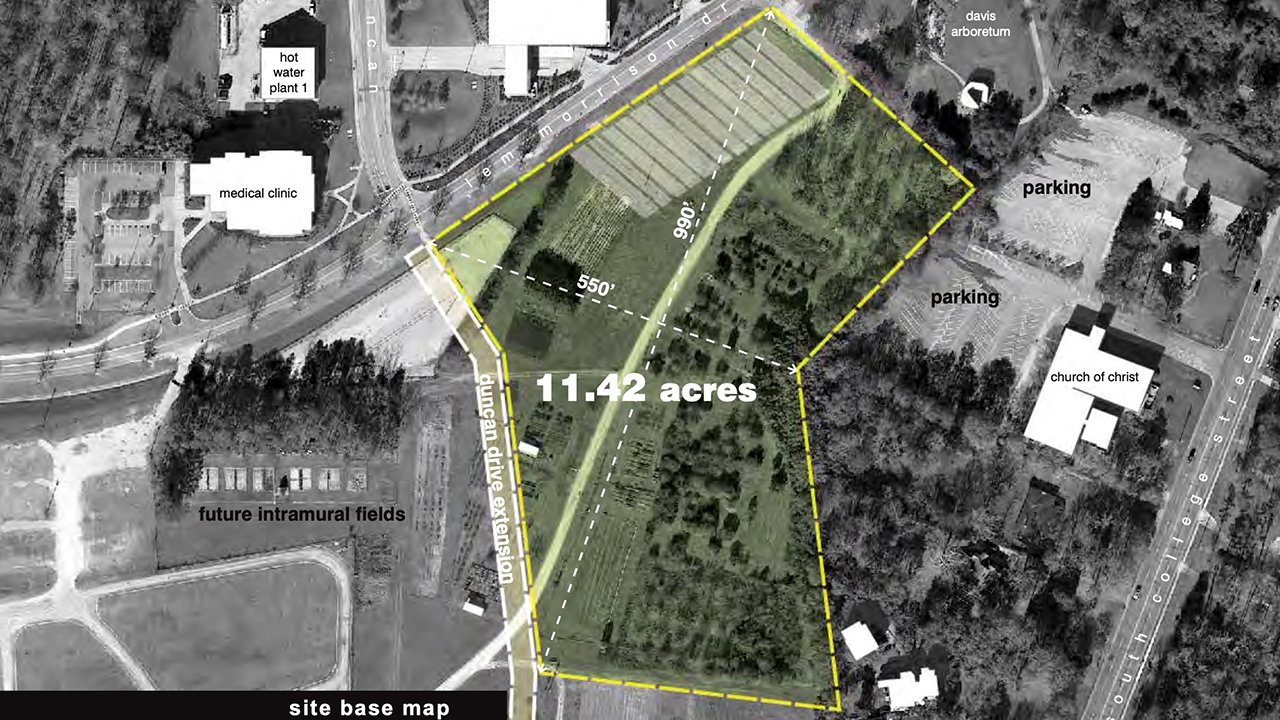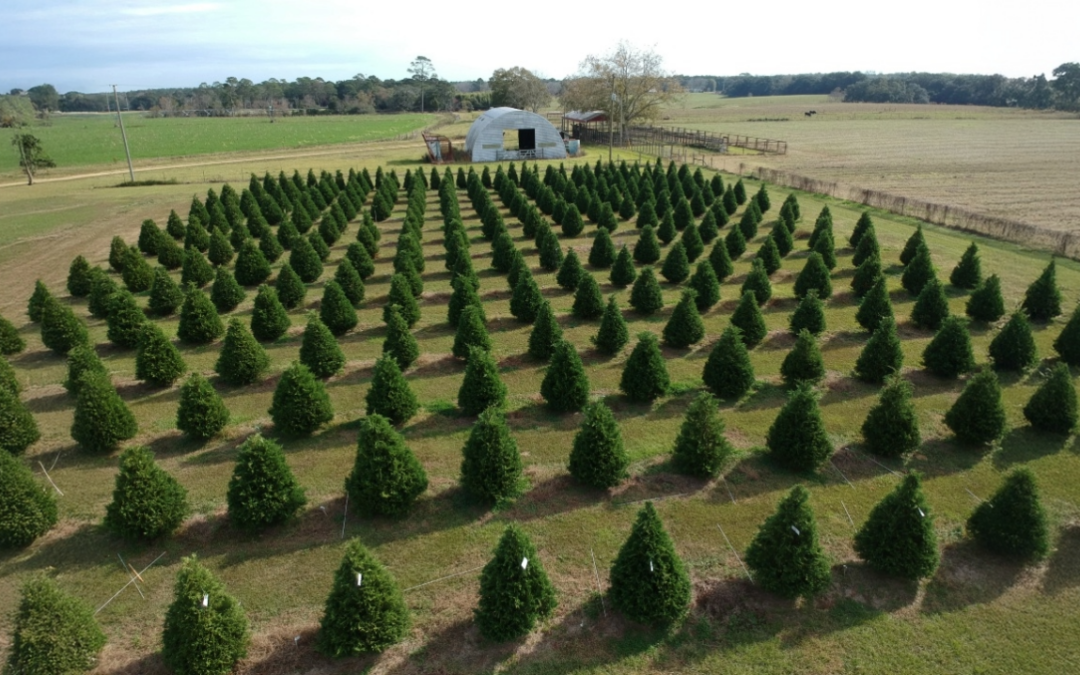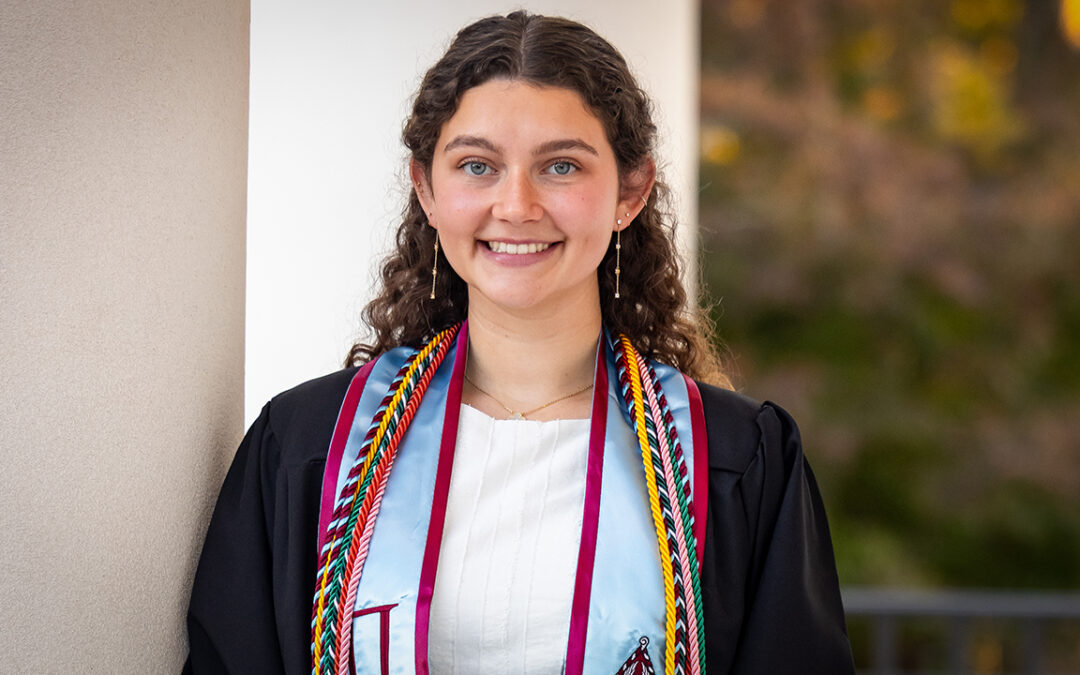By Joshua Woods / May 29, 2020 9:16:13 AM
Agriculture, Campus Life, News
The south end of the Auburn University campus will soon be home to a 16-acre garden that will encompass every aspect of plant-based agriculture. Features of the research and teaching garden will include everything from fruits and vegetables to ornamentals to row crops and more.
“This will be a high-tech facility where students gain hands-on experience with the latest industry practices, and it will be a place where research faculty tackle the latest industry challenges,” said Desmond Layne, head of Auburn’s Department of Horticulture.
The Transformation Garden will envelop Auburn’s Old Rotation, a single-acre research plot created in 1896. Continuously since that year, the historic landmark has been the site for testing and advancing transformative ideas that are now commonplace — ideas like crop rotation, cover crops, and low- and no-till farming.
“The Old Rotation has had profound impact on agriculture — particularly row-crop farming — for generations,” said Paul Patterson, dean of Auburn’s College of Agriculture and director of the Alabama Agricultural Experiment Station. “With this new Transformation Garden, we will extend that impact to other sectors, such as fruit and vegetable farming, irrigation, landscaping and hydroponics.”
Some features of the Transformation Garden will be designed not only as teaching instruments but as production facilities for Auburn’s Campus Dining program. Among these features will be two vertical container farms, which will produce a variety of fresh produce year-round for dining facilities throughout the university.
The container gardens will be managed and maintained by students training to work in the growing high-tech industries of hydroponic and urban farming.
The Transformation Garden will also be the site of trial tests for a variety of commercially sold plants.
“Before a store sells you a shrub or flowers or similar plants for your home lawn or garden, those plants are trial tested,” Layne said. “Are the plants heat or drought tolerant? Do they withstand pests? Do they thrive in certain soil types? At our Transformation Garden, our faculty and students will help major farms and nurseries answer these types of questions about new plant breeds.”
Other research at the Transformation Garden will focus on irrigation methods and technologies, fruit and vegetable gardening, medicinal plants and more.
The Transformation Garden will be the final element of what Auburn’s board of trustees has designated as a new Green Corridor. This corridor will use walking paths to connect several peaceful, serene green spaces such as the Davis Arboretum and the parklike surroundings of the Gogue Center for the Performing Arts and the Jule Collins Smith Museum of Fine Art.





